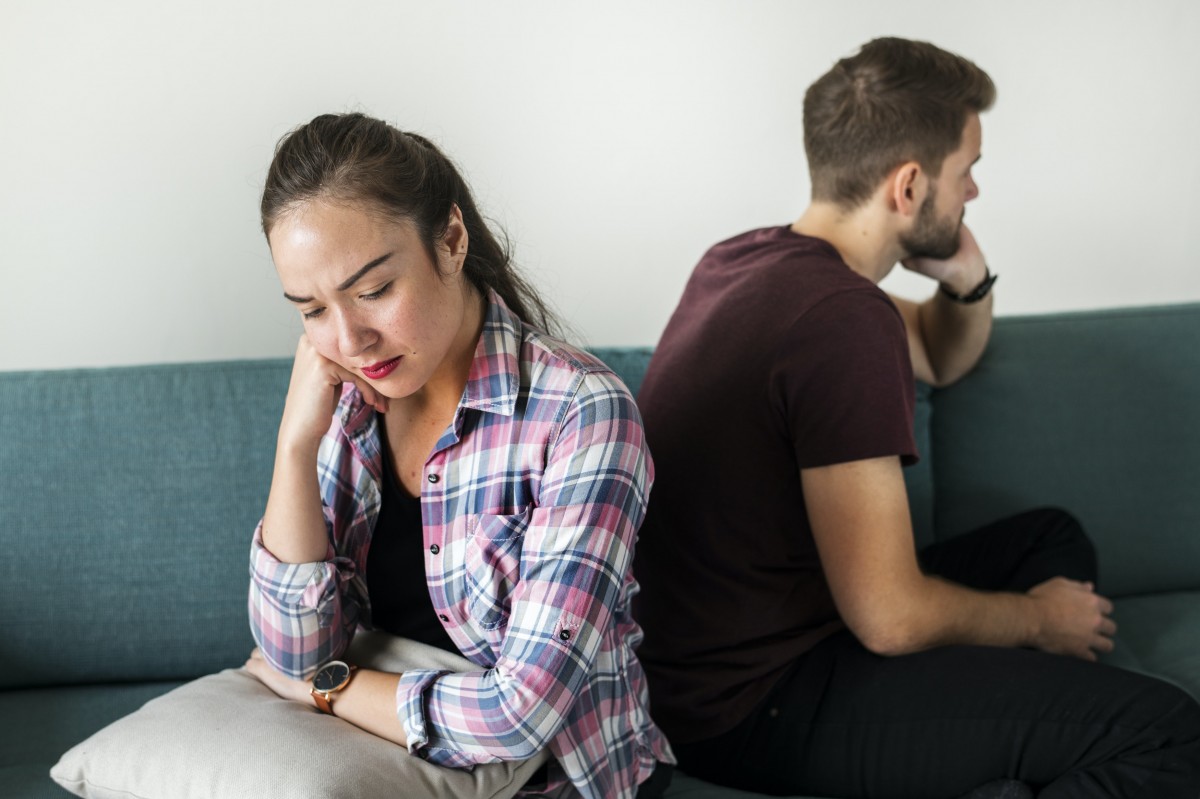The holiday season is in full swing. We have plowed through the Thanksgiving leftovers and counting the days until Christmas. This should be a joyous occasion, spent with family, loved ones and friends, but for many it is one of the most stressful times of the year.
According to a recent American Psychological Association (APA) survey as much as 44-percent of women in the United States are more likely to feel added stress during the season, while 38-percent of men say that the holiday season brings upon additional pressures. Add this year’s Coronavirus pandemic and the recent election and Dr. Steve Samuels, Geriatric Psychiatrist for Adirondack Health, in Saranac Lake, New York, believes that people may be feeling more “stressed out” than ever before.
“There was even a recent survey done by the APA that showed that 80-percent of the general population rate themselves as being anxious or already under stress,” says Dr. Samuels. “So already you have a backdrop of a pretty large amount of stress in the population. I would say that people are already under stress.”
But fear not. Dr. Samuels offers some helpful insight to help us manage, and more importantly, enjoy the holiday season.
CLASSIC STRESS SIGNS TO LOOK FOR:
Some of us try to bottle up our stress, keep it inside and handle it in our own way. Dr. Samuels says even with those individuals there are classic signs to look for.
“You’re looking for things to be magnified, such as problems with sleep, problems with coping, mood swings, irritability, maybe even overeating,” he adds. “Managing holiday stress could also be useful in managing this time of the epidemic and throughout our daily lives.”
CREATE A CHECKLIST FOR HOLIDAY PLANNING:
Checklists are tools used to better organize your assignments and most important tasks. Often, we find that if we don’t have any guidance, such as a checklist, we may forget certain steps in a process which may lead to a magnification of our stress level.
Dr. Samuels remarks, “A checklist gives us a sense of control. There is so much that we do not have control over with the holidays, including this year with the epidemic, that a ‘to-do list’ and keeping it realistic can be quite helpful.”
Keep your checklist on paper or digital, whatever is easiest, but if items are not marked off at the end of the day, don’t let it bring you down. You can just move it to the next day’s list.
TAKE TIME FOR YOURSELF:
Not every second, of every minute of every hour needs to be filled. Step back … take a breath and save some time for yourself. Do not feel guilty about taking time off, in fact use it to give your brain the chance to re-boot, re-focus and re-energize.
“The concept of taking a break and self-care is important not only during the holiday stress period, but through the year,” Dr. Samuels notes. “Whether it is through formal meditation, yoga, deep breathing, being outside or having a cup of tea and going over that list, do something kind for yourself.”
Simply put, spending time with yourself is time well spent because it makes you a happier person to be around.
EXERCISE:
One of the most beneficial ways to use the time that you have set aside for yourself is through exercise. The benefits of exercise are too long to list. It is an undeniable fact that exercise has been shown to improve your mood and at the same time decrease feelings of depression, anxiety and yes … stress.
You do not need to go to the gym and lift a ton of weight, or run a marathon to feel better, but regular exercise can really boost your energy and feeling of well-being.
Dr. Samuels points out that, “Exercise is an important mechanism when dealing with stress, be physically active. Exercise and attention to eating well go hand-in-hand.”
DON’T TURN TO ALCOHOL TO MANAGE STRESS:
One way that people may choose to cope with stress is by turning to alcohol. Drinking may lead to positive feelings and relaxation, but it’s only short term. Sure, have an occasional drink and drink responsibility, but remember alcohol can cause a spiraling deficit, causing even more stress and problems.
MANAGE YOUR EXPECTATIONS:
Each of us may have a vision of our perfect holiday, but when reality fails to live up to the dream, stress can result. Not everything needs to be perfect and no one should be expecting it.
Dr. Samuels says the meal does not have to be perfect to be successful. The idea that good is good enough is actually going to be great in a situation like this.
He stresses, “Don’t let perfect be the enemy of the good.”
ASK FOR HELP:
You do not have to carry load all by yourself, ask for help.
Dr. Samuels believes that there is a sense of satisfaction from those who have helped, that they can give and the idea of giving to others is known to reduce stress.
So, whether it is shopping for holiday gifts and groceries, creating the holiday menu, cleaning the house, preparing the meals, or setting the table there is nothing wrong with asking for help. It is not a sign of weakness and as a matter of fact, you may even be surprised as to how willing everyone is to pitch in.
For some, the feeling of stress and anxiety does not begin and end with the holiday season. Stress does not magically disappear when we flip the calendar’s page or at the beginning of a New Year.
“It’s important to remember that stress does not end with the calendar year and the strategies that we’ve been discussing can continue to be helpful long afterwards,” remarks Dr. Samuels.
He says that if you continue to face the stress of stress to seek professional help.








